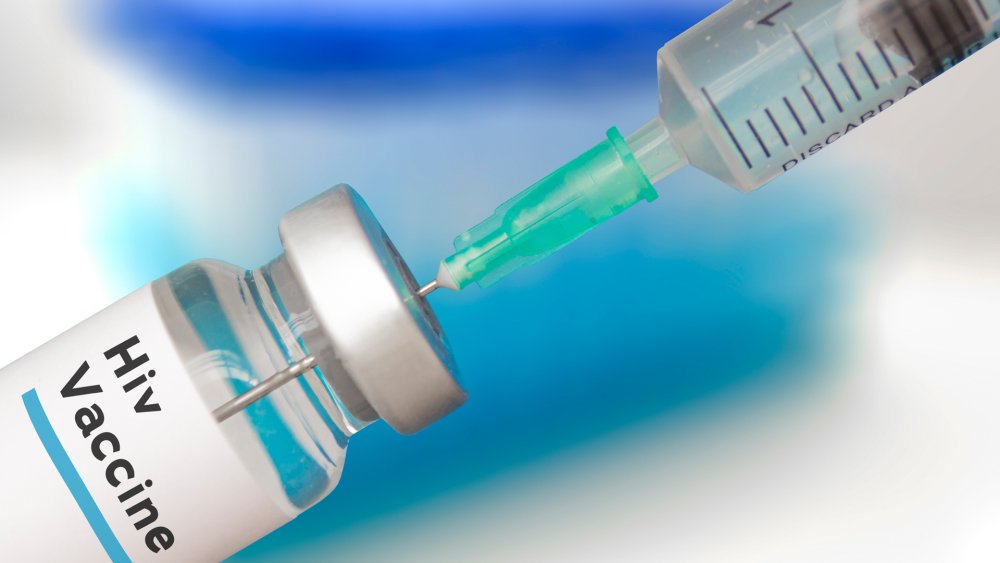A promising breakthrough has been made in the fight against HIV/AIDS, as researchers announced that a new vaccine trial has successfully activated immune cells that help the body fight the virus. The trial, which included participants from Rwanda, the United States, and South Africa, has raised global hopes for the development of a long-awaited HIV vaccine.
The first dose of the vaccine is designed to stimulate B cells, the immune cells responsible for producing antibodies. Subsequent doses aim to train these cells to recognize and block the HIV virus upon entry into the body.
Professor Rogier Sanders from the University of Amsterdam, one of the lead researchers, confirmed that “all trial participants showed signs of immune system activation, suggesting we are on the right path.” He added that the vaccine targets specific immune cells and instructs them to produce virus-fighting antibodies.
The trial also explored the use of mRNA technology, known for its role in COVID-19 vaccines. While some participants experienced mild skin reactions, researchers believe mRNA will significantly speed up the vaccine development process.
According to Reuters, this was the first time such a vaccine approach — based on cellular immunity — was tested in Africa, and early results indicate it could be effective for both African and Western populations.
As of 2023, 39.9 million people worldwide were living with HIV, with 65% of cases in Africa, according to the World Health Organization.



